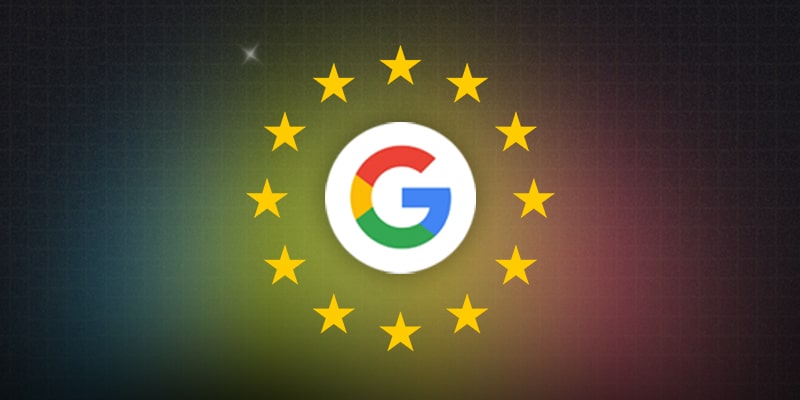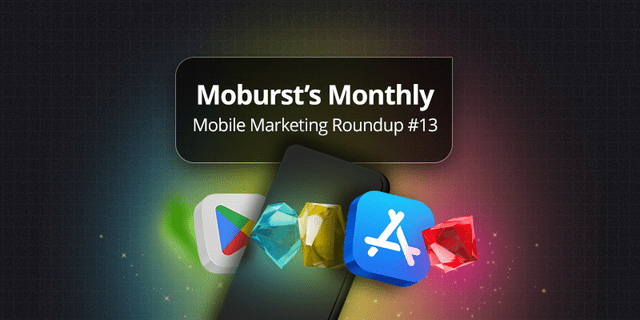
While digital advertising has been with us for a while now, Programmatic Media is the new kid on the block and yes, it’s on the rise. However, as a new feature, it’s not fully available for everyone and everywhere yet. Different mediums offer various tools, some more advanced than others, to basically allow advertisers to upload automatic and machine learning media campaigns. Programmatic media is a term that defines a campaign that is a one-stop-shop for media. The advertiser uploads all the banners, videos and/or text ads into the system, defines the goal, sets the target CPA and budget and… away she goes! The campaign will automatically go ahead and bring in users that it deems valuable. The end goal is to have a minimal to zero advertiser interaction. So, how does it work?
Google’s Universal App Campaigns started its online life back in 2015 as a beta version. Slowly it developed to a fully-fledged Adwords activity, with new betas going live for premium partners. As of October 2017, it is the only way to advertise towards mobile app installs on Google Adwords. Google put all their eggs on the Universal App Campaign basket. For advertisers it meant one simple and harsh truth – if you are not on Universal App Installs – you are not on Google. The giant corporation disabled the option to bring in mobile app installs on individual search, display or video campaigns on Google’s networks. Therefore, if you wish to promote your app on Google – you must use Google’s automatic machine learning campaign.
Apple
Apple Search Ads launched in October 2016 in the US only, and replaced the scrapped iAd. This makes it the newest ad network among the tech giants. But, as it is Apple we are talking about, they have to be different and better, so things have changed a bit. During the last quarter of 2017, Apple announced the launch of Apple Search Ads Basic. Basic being Apple’s machine learning campaign, and therefore it renamed the previous activity – Apple Search Ads Advanced.
While in the basic version there is a limited amount for a campaign ($5,000) and it’s more simplistic by nature, the advanced version has more options and settings one can pre-define and change during the campaign. Apple Search Ad Basic is similar to the Search Match option, available in the advanced campaigns, but with much less set-up required. Both are equally good, and their usage changes between advertisers and campaigns.
Even though Facebook doesn’t have a fully machine learning campaign (yet), it does have the automatic bidding option, which shows that the way is set for a fully automated Facebook campaign, and probably will get there in the not-so-far-future. A fully automated Facebook campaign appeals to most advertisers, due to the fact that it reaches an abundance of users on their Facebook feed, messenger or the various other apps associated with Facebook’s audience network. This is a most comprehensive way to reach audiences and try to attract them in their comfort zone. It’s safe to predict that once Facebook will launch its machine, it will change the rules of the game. All of these examples do not even take into account the numerous ad networks that already offer programmatic media buying such as Appnexus, Fyber and many others. We believe that it won’t be too long before Facebook will catch up to Google, Apple and the others, and offer a campaign that can choose by itself which ad and creative type to show in which placement, in order to bring in the best performance.
What Does the Future hold?
Do these robo-ad campaigns work better than humans? Will they replace advertisers in the future? The answer to these questions is, in my opinion, a big unequivocal no. However, as these are complex questions and there is much more to discuss, stay tuned for my next article!








